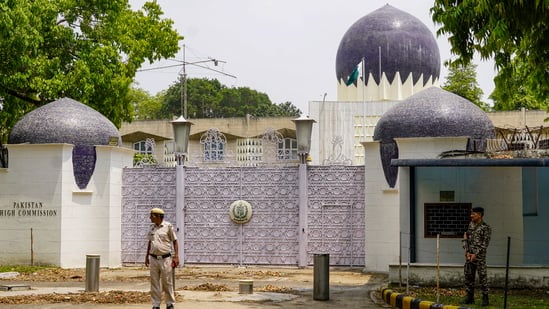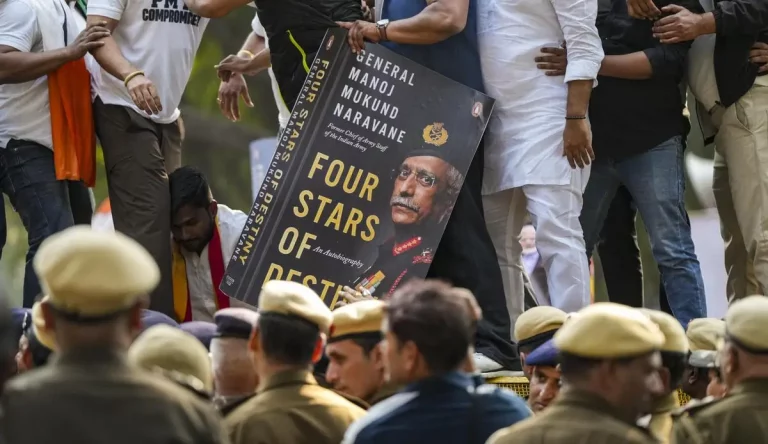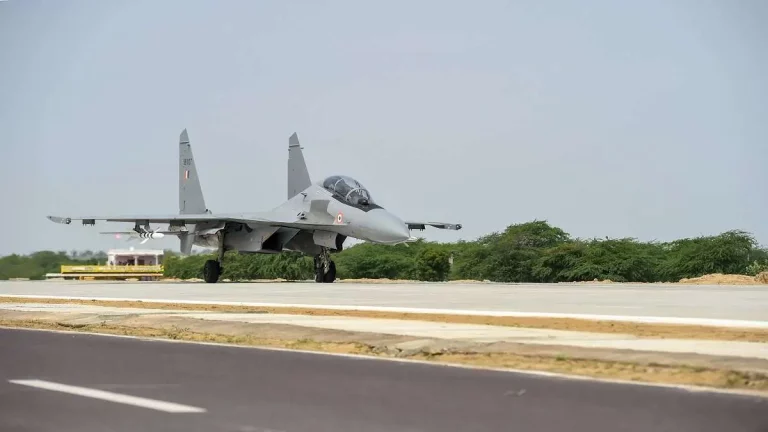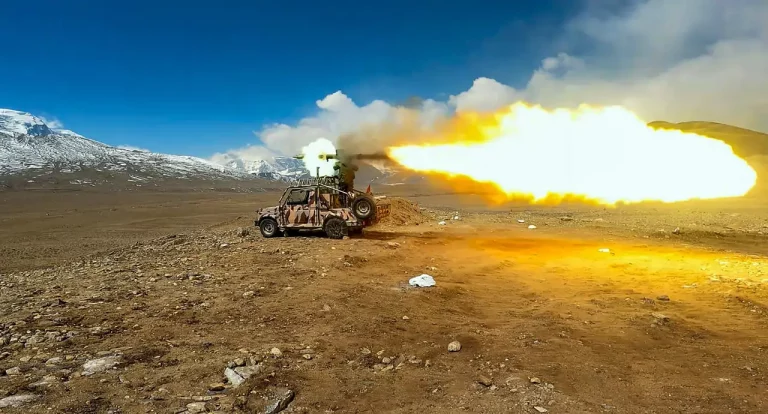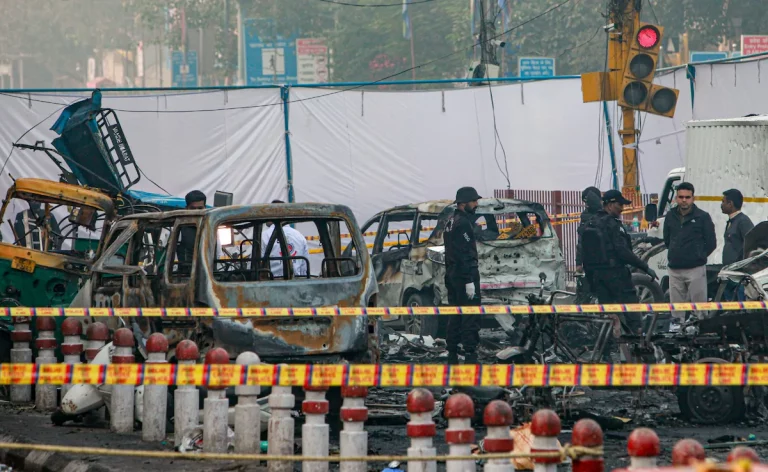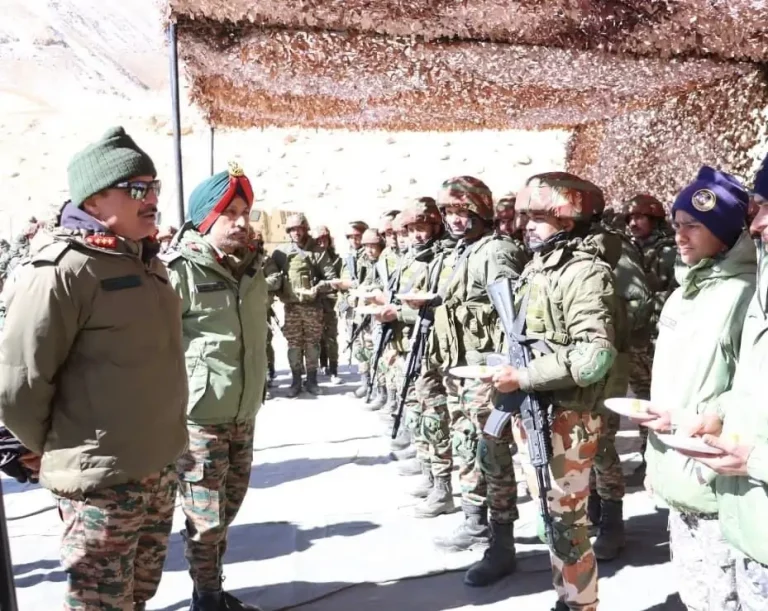The Government of India has declared a Pakistani official at the Pakistan High Commission in New Delhi as persona non grata, citing that he engaged in activities incompatible with his diplomatic status. The Ministry of External Affairs (MEA) issued a statement ordering the official to leave the country within 24 hours.
According to the MEA, this action follows a formal demarche delivered to the Charge d’Affaires of the Pakistan High Commission, which urges adherence to diplomatic norms and warns against any further misuse of privileges extended under international law.
This marks the second instance of a diplomatic expulsion involving Pakistan in May 2025. The first incident occurred on May 13, when another staff member of the Pakistani High Commission was expelled on similar grounds. These expulsions have escalated tensions between the two South Asian nations, which have been exacerbated by recent violent incidents.
Relations have significantly deteriorated following the April 22 terror attack in Pahalgam, Jammu and Kashmir, where 26 individuals, including Hindu and Christian tourists as well as a local Muslim resident, lost their lives. Indian authorities have attributed responsibility for this attack to Pakistan-based terror groups, particularly Lashkar-e-Taiba. In retaliation, India launched Operation Sindoor on May 6-7, conducting missile strikes on terror camps and related infrastructure in Pakistan and Pakistan-Occupied Kashmir (PoK). Reports indicate that over 100 militants were killed during these strikes, which also resulted in damage to 11 Pakistani air bases. The Indian government has asserted that these operations were executed with “calibrated restraint” to mitigate civilian casualties.
Union Minister Jyotiraditya Scindia characterized the operation as part of a broader effort to eliminate terrorism, emphasizing the commitment of Prime Minister Narendra Modi’s administration to addressing threats at their source. In the aftermath of Operation Sindoor, India successfully intercepted missile and drone strikes from Pakistan targeting multiple cities across northern and western regions of the country.
Investigations into the Pahalgam attack are focusing on prominent Lashkar-e-Taiba figures believed to be sheltered in Pakistan, including Hafeez Saeed and Saifullah Kasuri. Additionally, Hashim Moosa is suspected to be hiding in south Kashmir. In response, the Jammu and Kashmir Police have announced a reward of ₹2,000,000 for information leading to the capture or elimination of individuals involved in the attack.
This latest diplomatic incident is indicative of a broader escalation rooted in the protracted Kashmir dispute, which has historically fueled military confrontations and terrorism. Previous incidents, including the 2016 Uri attack and the 2019 Pulwama bombing, continue to cast long-lasting shadows over India-Pakistan relations.
India’s recent extradition of Tahawwur Rana, convicted for his part in the 2008 Mumbai attacks, highlights the country’s uncompromising stance on cross-border terrorism. Furthermore, India has briefed the UN Security Council regarding Operation Sindoor, framing it as a justified counterterrorism action in light of the Pahalgam attack. Concurrently, security drills have been conducted in 244 districts across the nation to prepare for potential escalations, signaling New Delhi’s serious approach to the current crisis.
